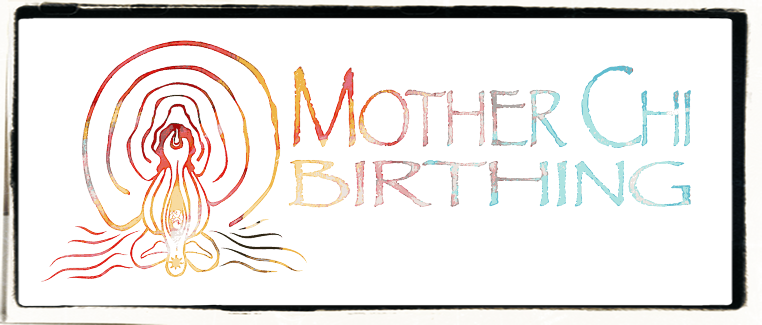The postpartum period is one that can be colored with many different emotions, physical adjustments, and psychological shifts. These shifts are different for each woman, but three factors seem to play a big role in the ease of transition from maidenhood into motherhood for a huge percentage of the childbearing population: iron deficiency, fatigue, and postpartum depression. These three bodily responses play important roles in our well-being during the vulnerable time of postpartum. They dance with intricate steps around one another, and understanding their relationship to one another can help unlock their mysteries, thereby making the postpartum transition one of more ease and fluidity. If we can wrap our heads and hearts around the interconnectivity of these three responses, then we are on the path towards opening ourselves to true and healthy solutions.
While it may seem that iron deficiency, fatigue, and postpartum depression are a natural part of the postpartum transition, studies offer us a new perspective. In reality, our perceptions of what should be considered normal are often clouded by the flood of details, physical and emotional, inundating us after birth. While some iron deficiency and fatigue are normal, the duration and concentration of their presence during postpartum can surely motivate the onset of postpartum depression. In the most extreme form, this could manifest into severe mood swings, chronic fatigue, thoughts of suicide, or even harm to baby. The other end of the spectrum might result in lack of energy, muscle fatigue, mild to moderate cognitive cloudiness, and inability or challenge to perform basic household activities. At the end of the day, strong correlations have been made between iron deficiency and postpartum fatigue, and studies show that postpartum fatigue has strong ties to the onset of postpartum depression. So how can we become solution focused in the presence of this triple threat? First, let’s acknowledge some reasons for iron deficiency.
Some factors that could contribute to a more than normal postpartum iron deficiency might be: lack of prenatal supplementation or inconsistency in supplement consumption, anemia not tended to or realized during pregnancy, nutritional deficits, blood loss from birth, multiples, and perhaps the absence or shortness of lactation. Studies also open our eyes to the fact that a large percentage of women do not get an adequate supply of dietary iron during pre-pregnancy life. This would lead us to believe that some women arrive at pregnancy already in the negative. So with that in mind, all of these factors can provide a breeding environment for postpartum fatigue. We often associate fatigue with the rigors of childbirth, and some of this association is warranted. However, chronic fatigue beyond the 7th day postpartum can push us over the threshold of normal and into the realm of deepening depression. Complications arise that, in most cases, could have been prevented with proper attention and care.
In our culture, we are not guided to converse about these things, but simply talking about emotions, thoughts, and physical sensations during postpartum can awaken us to solutions. Studies lead us to the understanding that fatigue and postpartum depression, in most cases, can be managed and quite possibly prevented with iron supplementation and therapy. There are several different therapies for iron deficiency: dietary changes, herbal supplements, iron pills and tinctures. None are as powerful or potent as placenta therapy!
Today, more and more mothers are raising the standards for iron supplementation by encapsulating their placentas. This is an ancient practice that is being brought back to life in our culture. Research is building to support the fact that consuming your placenta is one of the most efficient ways to balance your iron levels naturally after birth. What has long been considered “after-birth” in our culture is now being recognized for its treasure trove of iron content and immunology. Ancient Chinese medicine and placenta now come together to provide you with a perfectly tailor-made iron therapy and immune booster! After all, every woman’s body is different, and pharmaceutical/herbal companies cannot tailor the perfect iron supplement for your body. But you can! And you have! As we embrace what studies are offering up to us, we learn that to waste this special organ is to shut the door on an opportunity to find postpartum balance. In a culture where old ideas transformed into new are key, let us not dismiss this iron rich, fatigue preventing option! We can now see iron deficiency, fatigue, and postpartum depression with new eyes…with informed and solution-focused eyes.
With new eyes,
Betsy
For more information on placenta therapy and placenta encapsulation services, head on over to Mother Chi Birthing!








No comments:
Post a Comment